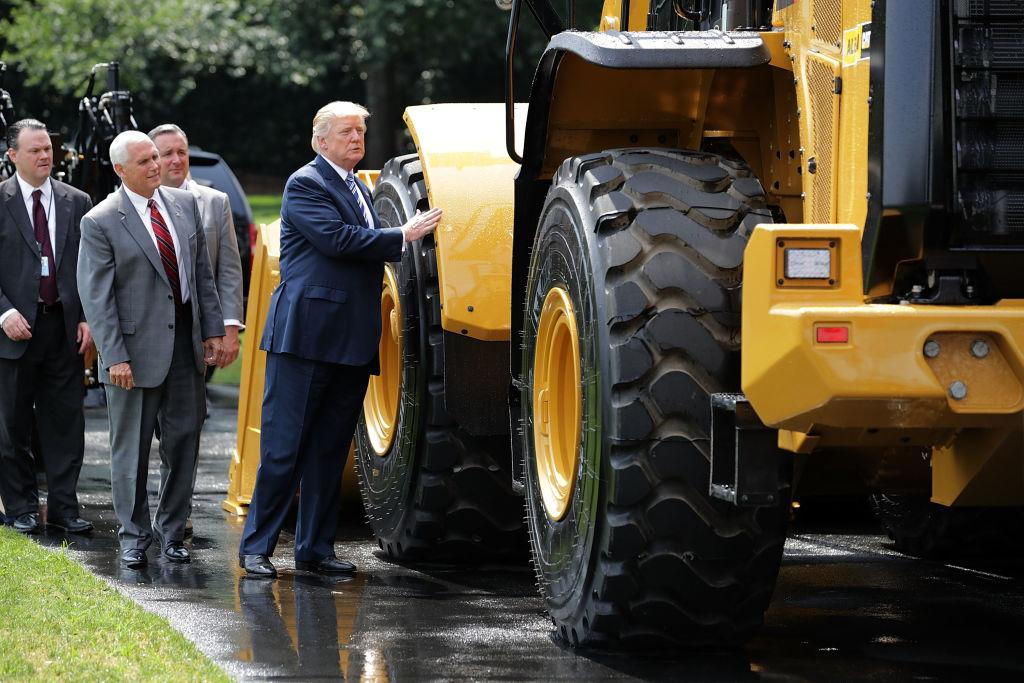WASHINGTON—The U.S. export credit agency that faced a critical survival battle this year secured a long-term extension, becoming one of the big winners in the year-end spending deal.
President Donald Trump signed legislation on Dec. 20 that reauthorized the U.S. Export-Import Bank (Ex-Im) for seven years, the longest extension in the agency’s 85-year history. The reauthorization of the bank was a part of the $1.4 trillion spending package that helped avert a potential government shutdown.





